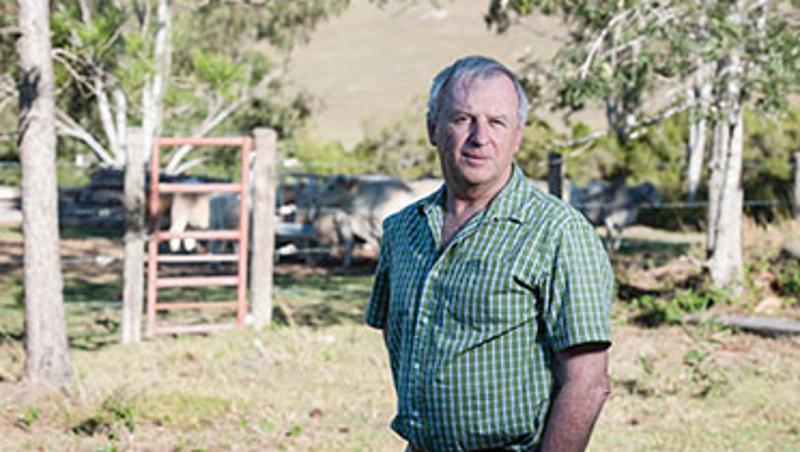
A leading Queensland economist says the State is not going broke, but has a cash-flow problem.
Further, the revenue generated by Government Owned Corporations (which are the target of asset sales) fully funds the corporations' operations including their interest bills, helps to pay off other government interest costs and generates a further $1.72 billion for the Government annually.
QUT economist Dr Mark McGovern said many politicians and commentators are confusing Queensland's liquidity problem, that is, its inability to manage its debt repayments properly, with insolvency, that is, an inability to repay debt at all.
"Queensland is nowhere near insolvent," Dr McGovern said.
"The core of the problem lies in the General Government sector where Treasury is failing to service a debt of over $44 billion.
"The Government Owned Corporations actually help service other government debts.
"Government Owned Corporations currently distribute $3.27 billion after meeting operating costs each year. As detailed in The Conversation, this is comprised of $0.95 billion to fully meet their own interest bill, $0.60 billion to interest costs of others, and $1.72 billion to General Government."
Dr McGovern said Treasury's failure to service debt had now been recognised by Labor and action was being taken.
"It was good to see the Opposition Leader Anastacia Palaszczuk recognise this on Friday night, and also revise Labor's estimates. This should resolve the 'black hole' problem in Labor's plan.
"We await similar clear comments on the General Government problem and the LNP's own large 'black hole' from Premier Campbell Newman or Treasurer Tim Nicholls."
Dr McGovern said it was surprising that neither side of politics had mentioned some obvious things that could be done to reduce debt including refinancing.
"Lower interest rates, clearer reporting and a mature approach to assets can save billions over the years," he said.
"Queensland is currently paying an interest rate higher than the average home loan rate, a rather strange situation. An average of 5.42 per cent per annum is paid across $63 billion of AUD Queensland bonds. The Commonwealth averages 4.3 per cent per annum on its bonds.
"Refinancing can offer real financial gains. There may be some costs, but the LNP's intention to cancel $25 billion in bonds demonstrates that refinancing costs are manageable."
He said moving the $33 billion in bonds with an interest rate of 6 per cent or more on to a 3.5 per cent coupon rate (the current lowest interest rate) would save $0.825 billion each year (before refinancing costs). Better lower rates could also be found in today's market.
He said this saving should go directly to principal repayments, and not Consolidated Revenue, so the saving directly paid down debt.
"Why governments have not looked at refinancing in the past is a real mystery that needs an explanation before the election," Dr McGovern said.
"Also, it is ridiculous that it was so difficult to research the underlying financial position of Queensland public finances. More complete, consistent and informative reports are needed from the bureaucracies.
"It is little wonder that even the most conscientious of politicians and commentators are confused."
Dr McGovern said principles of financial prudence and accountability need to be restored.
"Receipts from any sales of income-producing assets should be reinvested into other suitable income-producing assets, not moved to Consolidated Revenue or no-income assets such as most roads. This was well understood under the Goss and Borbidge governments but seems to have been forgotten since.
"Commitment to such things is the least Queenslanders should expect from those who would be in Government," he said.
Media contact: Rose Trapnell, QUT media team leader, 07 3138 2361 or 0407 585 901 rose.trapnell@qut.edu.au




